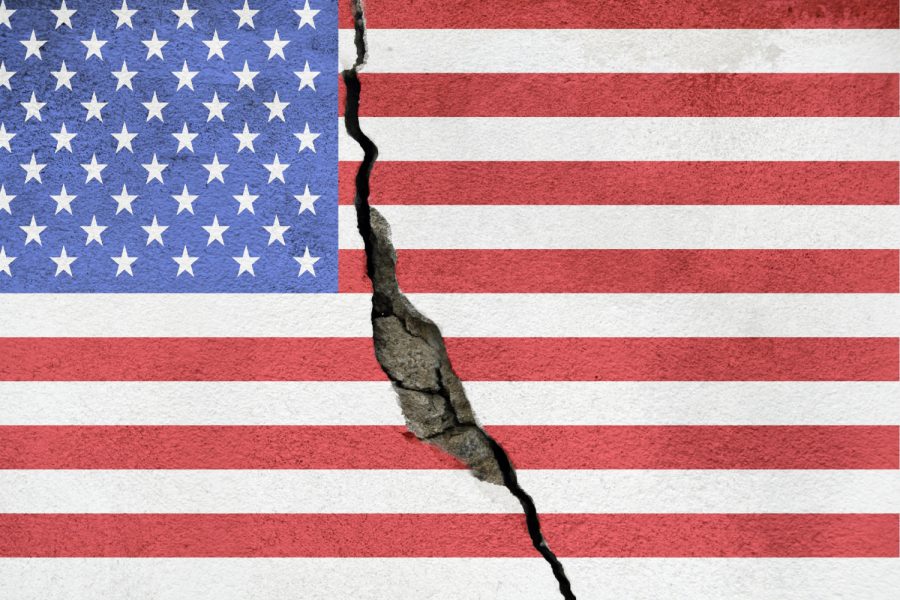Opinion | How secularizing America has become the best thing for Christians
Even as America secularizes, Christians continue to hold immense political power
November 29, 2021
The declining rates of religiosity among Americans has not led to the collapse of the Republican Party as many political operatives predicted, but rather its political rebirth in its current authoritarian form.
Meanwhile, the Democrats, traditionally seen as the party to gain from secularization, have seen their electoral prospects decline.
This surprising outcome is due to the fact that the Electoral College and the geography of the Senate give religious populations immense voting power.
To cater to this group’s view, the intelligentsia of the Republican Party has become committed to theocracy and minority rule over democracy and free expression, as it works to limit the rights of women and transgender people.
Compared to other industrialized nations, the U.S. has been historically more religious than its peers. In the 1980s, church attendance hovered around 70 percent which has since declined to 47 percent. Millennials and zoomers are significantly less likely than their parents to identify with any religion.
Surface-level political wisdom would dictate this is a deep problem for the Republican Party, as one of its key platforms has always been to defend the Christian values it believes to be the basis of American society. However, the number of evangelical Christians — the key component of the Republican base — has remained steady.
Evangelicals also tend to live outside the urbanized West and East coast and in more rural states in the South and Great Plains. These are states that have greater sway in the political system.
The Senate, the upper chamber of Congress and most important legislative body in the U.S., has a bias in favor of these states. The median Senate seat is 6.6 percentage points more conservative compared to the general population, as Republicans tend to dominate elections in rural areas.
In other words, Democrats could beat Republicans by 12 million votes in Senate elections, and the GOP would still have control of the chamber. The bias is less pronounced in the Electoral College. But at 4 percentage points, it still allows Republicans to win the presidency without capturing the popular vote.
Thanks to geography, devout Christians have enormous voting power and have guided the Republican Party to the right. Dogmatic commentators and demagogues posing as “public intellectuals” have brought integralism to the front and center of the post-Trump Republican vision for America.
The term has traditionally referred to a political system rooted in the basis of Catholic law, but can be best used for what evangelical commentators and elites want for America — a government that actively intervenes within the private sphere in order to uphold Christian principles.
This not very intellectual movement has made successful strides in the real world. In Iowa and other states where Republicans have control of the state government, “heartbeat” bills that ban abortions after six weeks have been enacted in an attempt to force the Supreme Court to overturn Roe v. Wade.
A successful overturn of the landmark abortion-rights case could lead to a decline in economic and social well-being for American women. The American integralists also have advocated for limiting the rights of those who identify as transgender, evidenced by the Trump Administration’s ban on transgender individuals from serving in the military and various bathroom bills that have made their way through state legislatures.
The liberalization promised after secularization did not occur. Rather, the potency of right-wing evangelical Christianity became stronger and has helped fuel the Christian extremism of the Republican Party. If we want to prevent the U.S from turning into the Republic of Gilead, we must reform our institutions to be more representative of our population.
Columns reflect the opinions of the authors and are not necessarily those of the Editorial Board, The Daily Iowan, or other organizations in which the author may be involved.



